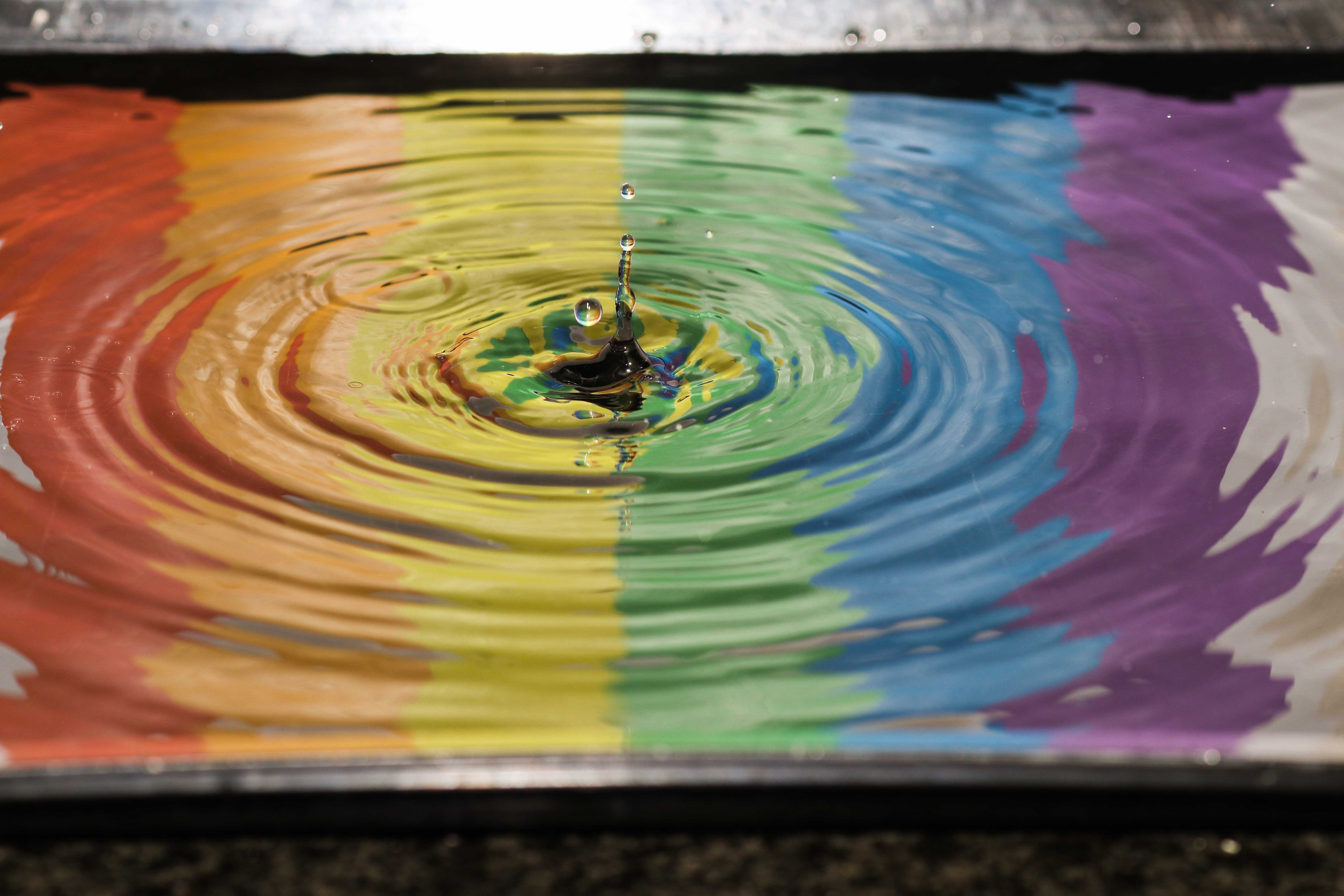
COVID-19 and HIV: The parallels and the not-so parallels
When ‘It’s a Sin’ was released a few weeks ago by Russell T. Davies (the man behind acclaimed ‘Queer as Folk’), it drew immediate attention, not least because of the parallels that can be drawn between the AIDS epidemic of the 80s and the current pandemic we find ourselves surrounded by, COVID-19.
We will not give too much away as ‘It’s a Sin’ forms part of our new LGBT focused ‘TV club,’ but essentially the show follows a bunch of friends living in early 80s London who, having spent the last decade feeling liberated, having fun and looking forward to a brighter future, now find themselves caught up in an unknown disease that seemed to be targeting gay men.
With COVID manifesting in late 2019, we are currently living with a disease that kills people en masse, where there were originally no known treatments and doctors who do not yet truly understand the virus and how it operates – this sounds all too familiar for people that experienced the AIDS epidemic of the 80s and 90s. However, unlike COVID there was no global effort or rush to try to find a cure. Instead politicians stayed silent on the matter, whilst the media coined it ‘the gay plague’ and tabloid newspapers branded gay men ‘perverts’.
At this time not only are the media shaming you, but large swathes of your friends are dying in quick succession and nobody is doing anything about it. The airing of ‘It’s a Sin’ has been timely given the world we find ourselves in and perhaps for the first time (rightly or wrongly), sees the heterosexual community truly sympathize with the gay community for the loss they endured.
With 40M people living with HIV globally and around 32.7M people having died from AIDS-related illnesses up until the end of 2019, the epidemic is far from over but it is more controlled than it has ever been. Since the emergence of effective anti-retroviral treatments, HIV is now a disease with a better prognosis than diabetes and allows individuals affected to live normal lives with a life expectancy very similar to non-HIV affected people i.e. individuals follow treatment plans (typically a few pills a day) which reduces the viral load of HIV in your blood. This in turn prevents AIDS (essentially damage caused by HIV to the immune system) from manifesting, as well as preventing HIV being passed on to others. In addition, PrEP (pre-exposure prophylaxis) is now commonplace for gay men and is easily accessible in both the UK and US. For those unsure of what PrEP is, it is simply a pill taken once a day to reduce the risk of getting HIV if exposed to the virus. PrEP can stop HIV from taking hold and spreading throughout your body.
Yet despite these advances, there still exists a huge stigma around HIV which is rarely discussed. Russell Davies said, “We can get as embarrassed about sex now as we did then. If coronavirus was a sexually transmitted disease, it would be much more hidden, still.” For many living with the disease, the topic is still a hard one to discuss openly for fear of judgement and a sense of shame that has lingered on from the 80s.
The findings of global and regional surveys indicate the existence of high levels of employment discrimination based on HIV status worldwide, including forced disclosure of HIV status, exclusion in the workplace, refusals to hire or promote, and terminations of people known to be living with HIV. Can you imagine this being the case for somebody with COVID?
There is still work to do in tackling the HIV stigma but we can all do a little by normalizing it as just another treatable disease. In addition, there is a useful website on the CDC website which highlights the best wording to use in order to avoid HIV stigma.
Ways to Stop HIV Stigma and Discrimination | HIV Stigma | Let's Stop HIV Together | CDC
In some ways we should be grateful that the initial response to COVID-19 was not the same as the initial response to HIV - ‘A curse from God’ - but in other ways it should force us to reflect on the fact that gay men were subjected to mistreatment and homophobic abuse at a time they needed the most support. Things have improved but even today there exists an undercurrent of homophobia with a recent headline in British tabloid The Sun describing sex scenes in ‘It’s a Sin’ as ‘explicit and shocking,’ while their review of Bridgerton, which had arguably racier heterosexual shots, described it as having ‘the hottest sex scenes ever’. The Sun have since apologized and edited their headline.
Continued heteronormativity serves only to prevent equality and maintain stigma around topics such as HIV. But with more collective support than ever, we will get there.
If you would like further information or speak to us, please get in touch with our D&I committee DandI@investigo.co.uk.


